Publications
Articles, publications, books, tools and multimedia features from the U.S. Institute of Peace provide the latest news, analysis, research findings, practitioner guides and reports, all related to the conflict zones and issues that are at the center of the Institute’s work to prevent and reduce violent conflict.
Question And Answer
Blinken’s China Trip Shows Both Sides Want to Stabilize Ties
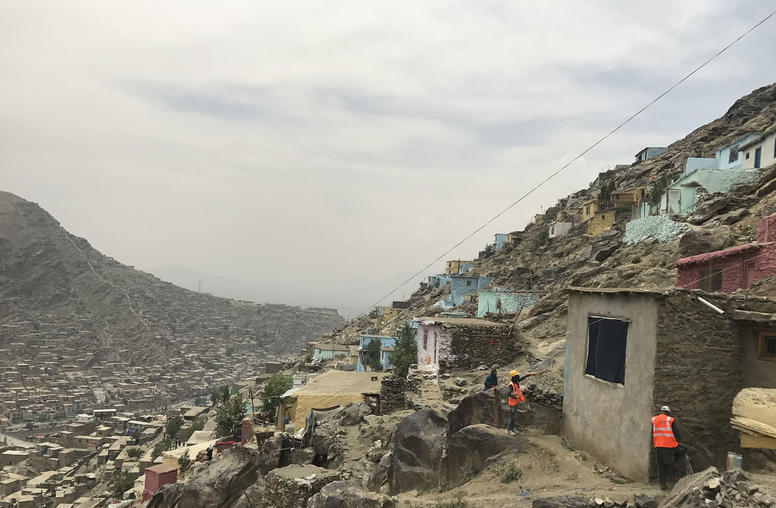
A Rift Over Afghan Aid Imperils Prospects for Peace
As the United States has pursued peace talks with the Taliban, international discussions continue on the economic aid that will be vital to stabilizing Afghanistan under any peace deal. Yet the Afghan government has been mostly absent from this dialogue, an exclusion exemplified this week by a meeting of the country’s main donors to strategize on aid—with Afghan officials left out. The government’s marginalization, in large part self-inflicted, is a danger to the stabilization and development of Afghanistan. In the interests of Afghans, stability in the region and U.S. hopes for a sustainable peace, this rift in the dialogue on aid needs to be repaired.
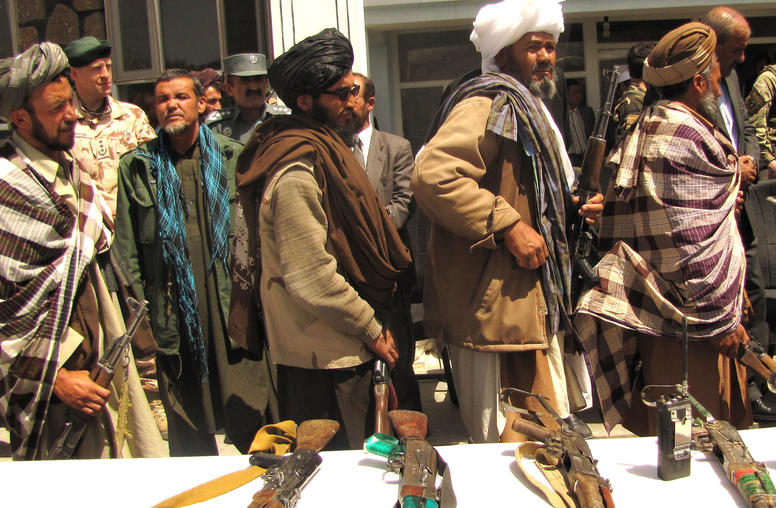
What are the Prospects for Power-Sharing in the Afghan Peace Process?
While the negotiations between the U.S. and the Taliban were recently thrown-off course, a peace agreement among Afghans remains an urgent priority. The U.S.-led negotiations over a phased drawdown of U.S. troops in exchange for a Taliban commitment to eschew terrorism and engage in intra-Afghan negotiations took nearly a year. Yet these talks excluded the Afghan government and other political elites and didn’t address the fundamental question of what it will take for Afghans to put a sustainable end to four decades of war: how will power be shared?
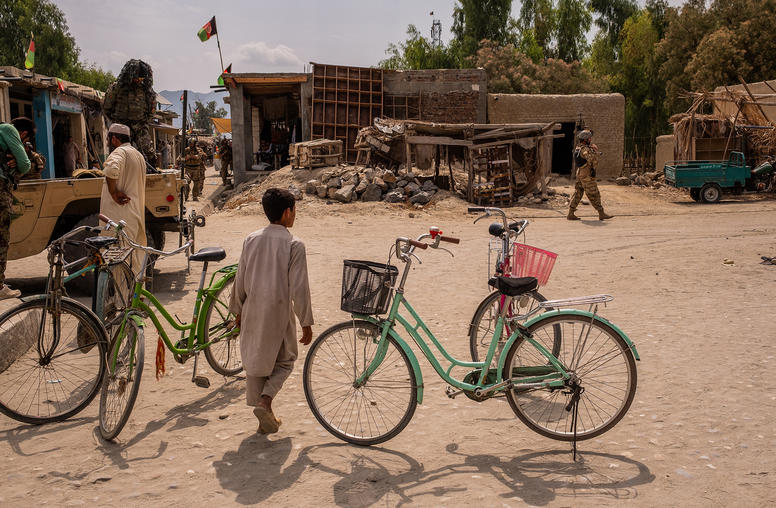
How to Revive an Afghan Peace Process
The halt to U.S. peace talks with the Taliban, announced September 7 by President Trump, should be used as a starting point for new negotiations, according to U.S. and Afghan specialists. The United States and Afghans have a chance to shape a new phase of talks to maximize the possibilities for a peace accord that Afghans can accept, the experts said at USIP. Some urged resuming talks as quickly as possible. Others argued for focusing first on unifying non-Taliban Afghans following the planned September 28 elections, and on exploiting war fatigue among the Taliban.
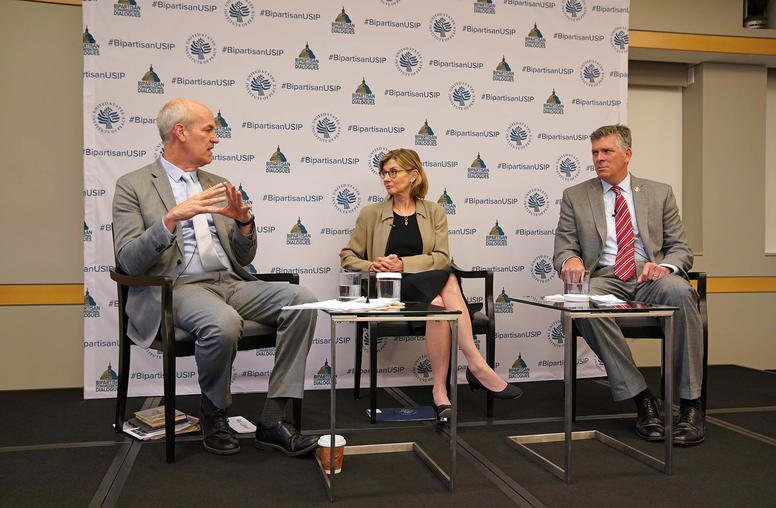
China Trade War: Risks and Strategies
The chances that trade talks scheduled to resume with China next month will result in any broad agreement with the U.S. are slim to none, said two members of a bipartisan congressional panel focused on U.S.-China relations. “It’s important that we keep talking,” said Rep. Rick Larsen (D-WA), the co-chair of the House of Representatives U.S.-China Working Group. “That’s a positive, but I haven’t seen anything that has changed to ensure that something would be different” when U.S. and Chinese trade officials are scheduled to sit down again in early October.
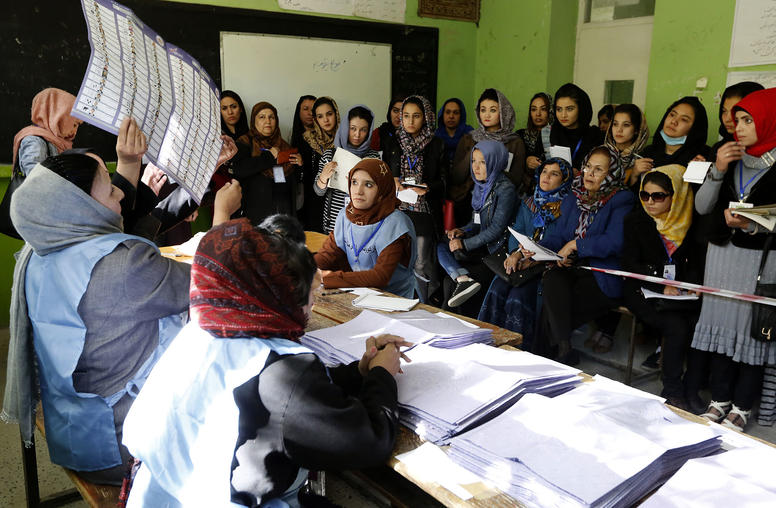
What to Watch for in Afghanistan’s Presidential Election
After several delays, Afghans will finally head to the polls on Saturday to elect their next president. The election comes amid an indefinite stall in the year-long U.S.-Taliban negotiations following the cancellation of a high-level summit earlier in the month. There has been a debate over the sequencing of elections and the peace process for months, but the vote will move ahead this weekend. As with all post-2001 Afghan elections, security risks and the potential for fraud and abuse loom over these polls. USIP’s Scott Worden and Colin Cookman look at how insecurity will impact the legitimacy of the vote and what measures have been taken to combat electoral mismanagement and fraud.
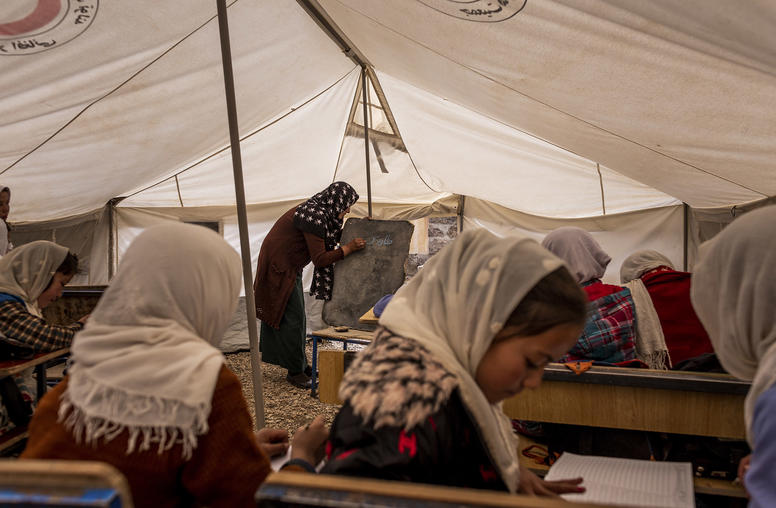
How to push Taliban for compromise? Ask the women doing it.
The halt in the U.S.-Taliban dialogue, plus Afghanistan’s September election, has forced a hiatus in formal peace efforts in the Afghan war—and that creates an opening to strengthen them. A year of preliminary talks has not yet laid a solid foundation for the broad political settlement that can end the bloodshed. While talks so far have mainly excluded Afghan women, youth and civil society, the sudden pause in formal peacemaking offers a chance to forge a more inclusive, and thus reliable, process. Even better, a little-noted encounter in Qatar between women and Taliban leaders signals that a broader process is doable.
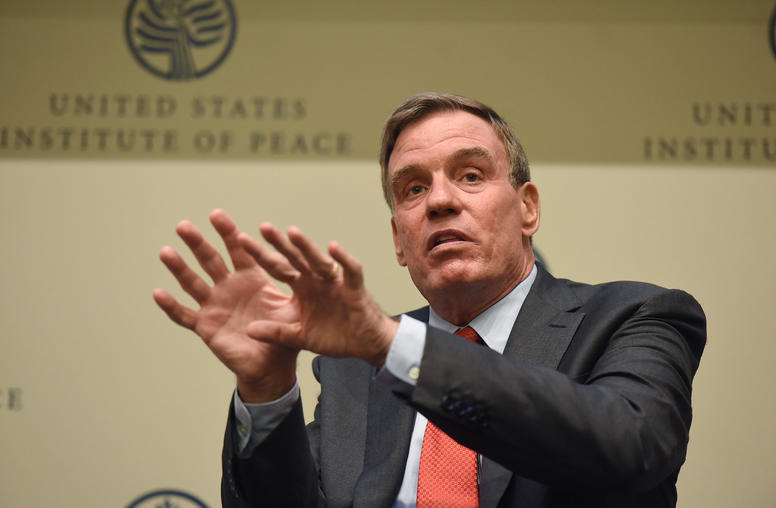
Senator Mark Warner: Meeting the Challenge of China
China today is seeking to erode U.S. power and influence globally through economic, military, technological and political influence strategies, U.S. Senator Mark Warner said. The United States should respond not by reverting to a simplistic “new Cold War” frame, but by bolstering security at home and working with allies and partners abroad to reinforce the existing international order and make America more competitive.
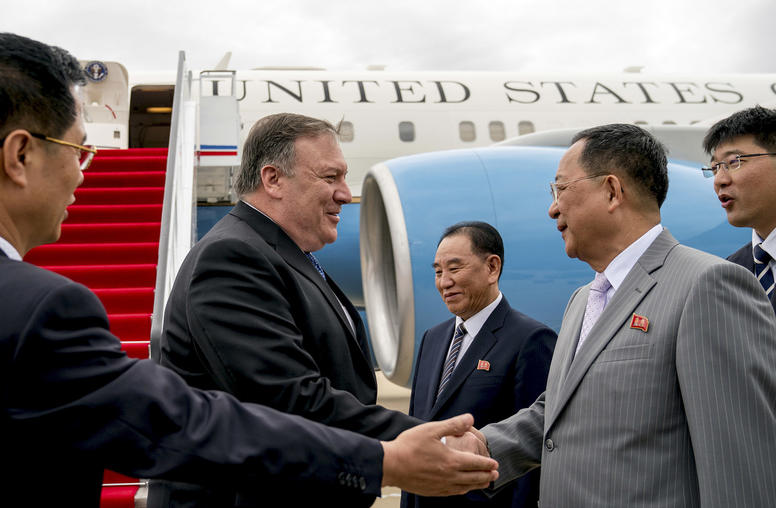
U.S.-North Korea talks just broke down. Here’s what might happen next.
Pyongyang and Washington walked away from the negotiating table in Sweden this past weekend — with divergent statements on the first working-level meeting to be held since negotiations broke down at the February summit between President Trump and Kim Jong Un in Hanoi.
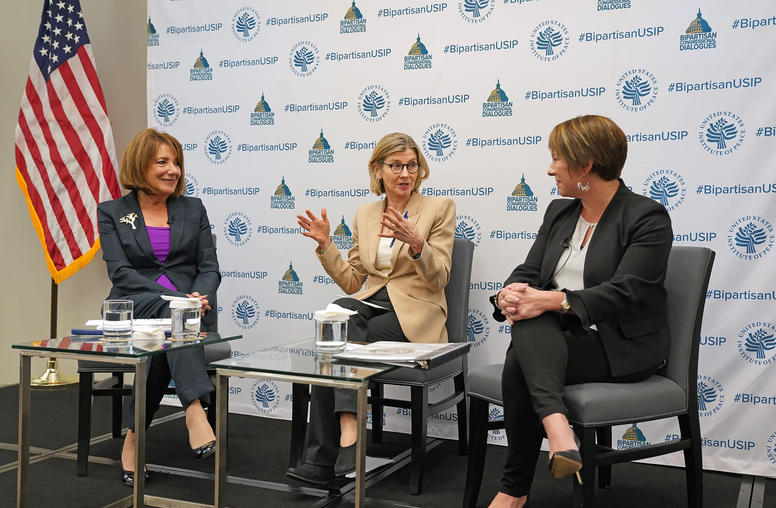
To Protect Afghan Women’s Rights, U.S. Must Remain Engaged
It’s been over a year since the U.S., led by Amb. Zalmay Khalilzad, opened talks with the Taliban aimed at ending the 18-year war. Over that year, Afghan women have demanded a seat at the negotiating table, worried that the hard-won gains made over the last two decades could be in jeopardy. Even with the peace process stalled, “it is vital that the U.S. remain engaged” to ensure that Afghan women’s rights are protected, said Rep. Martha Roby (R-AL) last week at the U.S. Institute of Peace’s latest Bipartisan Congressional Dialogue.
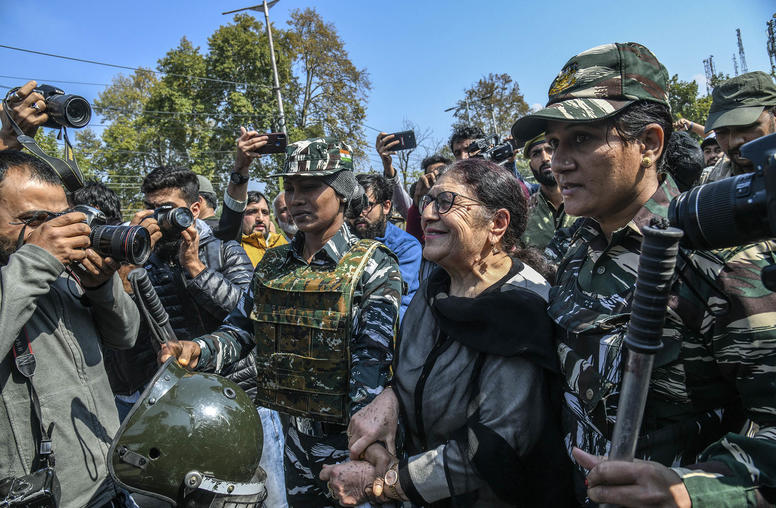
Kashmir’s crisis simmers dangerously: Attention is needed.
Conflicts centered on Syria, Iran and Saudi Arabia have seized recent global attention, overshadowing the dangerous escalation of the crisis in Kashmir. India’s government in August abrogated the political autonomy of the portion of Kashmir that it governs. To suppress protests, India has had to maintain a severe lockdown—effectively, a form of military rule—over more than 7 million people in the Kashmir valley. While India and Pakistan have avoided military clashes over this spike in their 62-year dispute over Kashmir, Dr. Mujibur Rehman, a scholar on Indian politics at New Delhi’s Jamia Millia Central University, says the international community should organize a high-level factfinding mission to reduce the risk of greater violence.